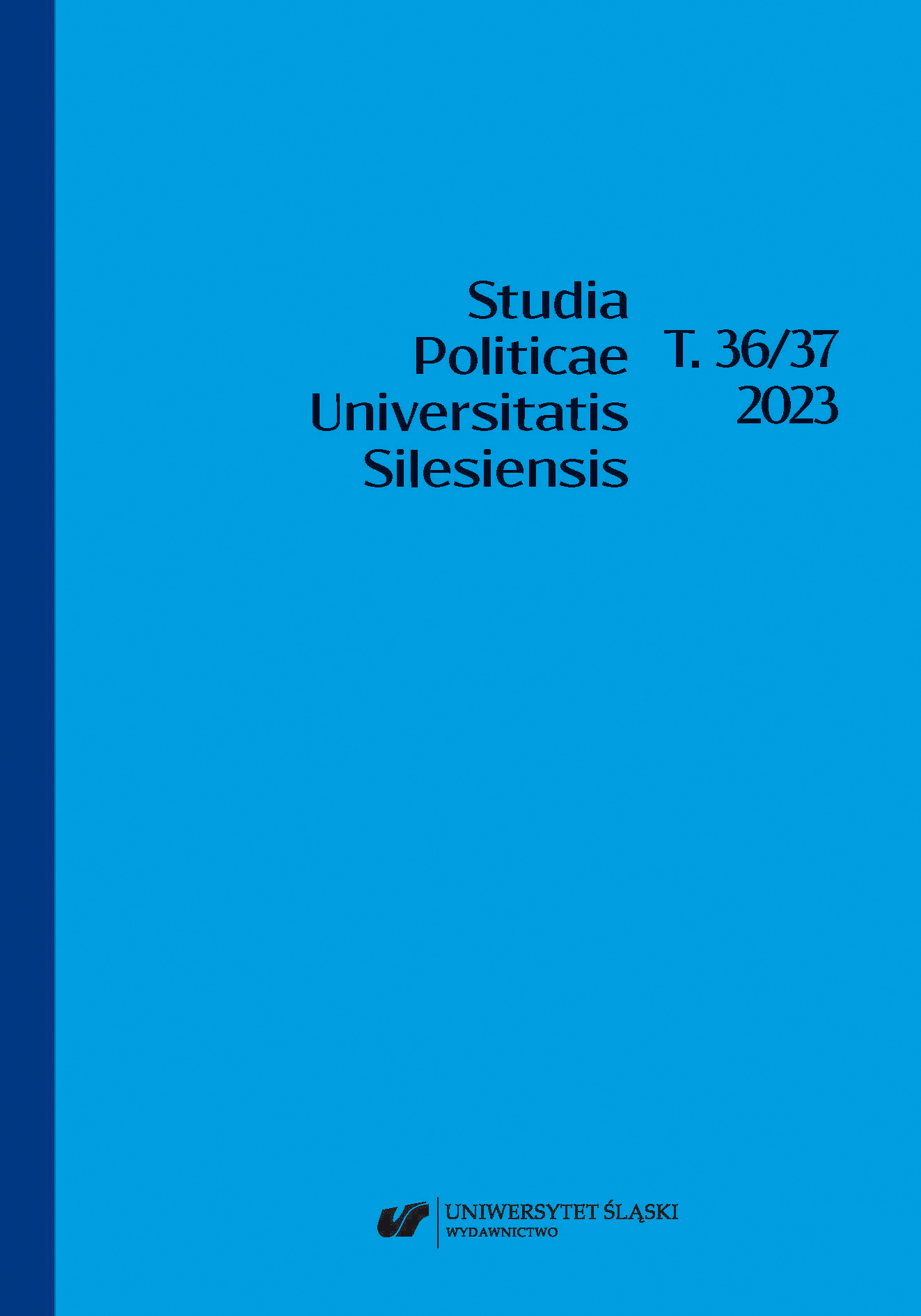Elementy starożytnych koncepcji filozoficznych tianming i tianxia w przywództwie politycznym komunistycznych Chin
Elements of the Ancient Philosophical Concepts of tianming and tianxia in the Political Leadership of Communist China
Author(s): Adam PawełczykSubject(s): Politics / Political Sciences, History, Geography, Regional studies, Political Philosophy, Social Philosophy, East Asian Philosophy, Cultural Anthropology / Ethnology, Culture and social structure , Sociology of Politics
Published by: Wydawnictwo Uniwersytetu Śląskiego
Keywords: tianming; tianxia; political leadership; legitimization; People’s Republic of China
Summary/Abstract: Political and philosophical concepts of tianming and tianxia from around the 11th century B.C. were the most important elements of legitimizing political power in China. Tianming (‘the mandate of heaven’) assumed that the imperial authority had the permission of heaven to exercise power, while tianxia (‘everything under heaven’) meant the area over which this authority was to extend. Despite regime changes – from the empire, through democracy and dictatorships, to modern socialism – this traditional concepts are still an important value for Chinese society. Therefore, the aim of the article is to examine how the current communist authorities of the People’s Republic of China (PRC) use this concepts to exercise political leadership and legitimize it. Based on a historical analysis and a study of individual cases of the actions of the contemporary Chinese authorities, the author wants to prove that both concepts are still an important aspect of exercising power in China.
Journal: Studia Politicae Universitatis Silesiensis
- Issue Year: 2023
- Issue No: 36/37
- Page Range: 17-33
- Page Count: 17
- Language: Polish

